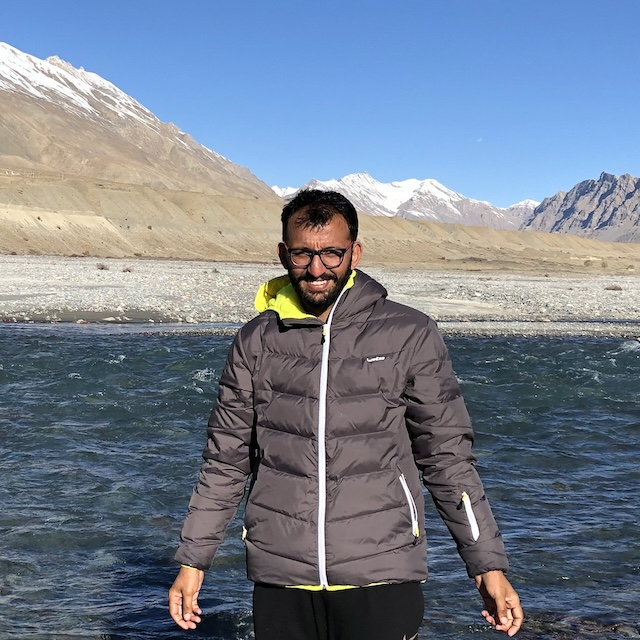 Aman Kant PantaFaculty Advisor: Aniket Alam Research Areas: Western Himalaya; British Colonialism; Local History, Land, Religion, Culture, Communities, Identity, Ethnography Email: aman.panta@research.iiit.ac.in 🔗 academia.edu | I completed my Masters and M.Phil. in Political Science from Panjab University, Chandigarh. My research in M.Phil looked at the politics of development in Himachal Pradesh with an emphasis on education and healthcare. I was engaged in teaching as a Guest Faculty (Political Science) in Post-Graduate Government College, Sector 11, Chandigarh for a period of two years (2015-2017). Before joining PhD, I was working as a Research Assistant with Dr. Aniket Alam on an ICSSR-sponsored project named 'Continuity and Changes in the Trans-Himalayan Buddhist Community: A Socio-economic Study of five Monasteries of Spiti, Himachal Pradesh' (2018-20). |
Current Research
Research Statement: My research is exploring the continuities and changes in western Himalayan hill societies (current Himachal Pradesh). How these hill societies succeed to preserve its many age-old traditions and practices, while many other have been changed rapidly after the introduction of the modern state and its institutions, and shown strong affiliation with the Indian nation and Global market system in the 20th century.
In my Ph.D. research, I am exploring the re-organisation of the hill societies of North western Himalayan region (present state of Himachal Pradesh in India) in the 20th century. My argument is that while many hill communities of this region succeeded in preserving their age-old traditions, religious practices, local languages, and indigenous ways of life on the one hand, many other aspects have witnessed rapid transformation with the coming of the modern state. The British colonial state introduced many reforms in the political and legal administration, demarcation of permanent borders, land and revenue settlements, and complete control over the natural resources (forests, grasslands, rivers, etc.) of the region. Further, in the post-colonial period, the creation of a new hill state within the Indian Union, the improved means of communication, transportation, infrastructure, and expansion of public education and health care changed the overall nature of hill societies. The extension of horticulture, tourism, and other economic activities in the state has led to a change in the local economy which brings long-term impact. Now these communities are living together in a single state, and have shown strong affiliation with the national imagination and global market system without any major conflict.
Within the range of these complex changes, I am looking at the role of the colonial state, early land reforms, local political leadership, road and infrastructure developments, education, language, and local religion (Shakti cults, local deities, and monasteries) by using the methods of anthropology (ethnography) and history (archival study). A dozen villages and towns in major river valleys (Tons, Sutlej, Beas, Ravi, Chenab) have been taken up for fieldwork.